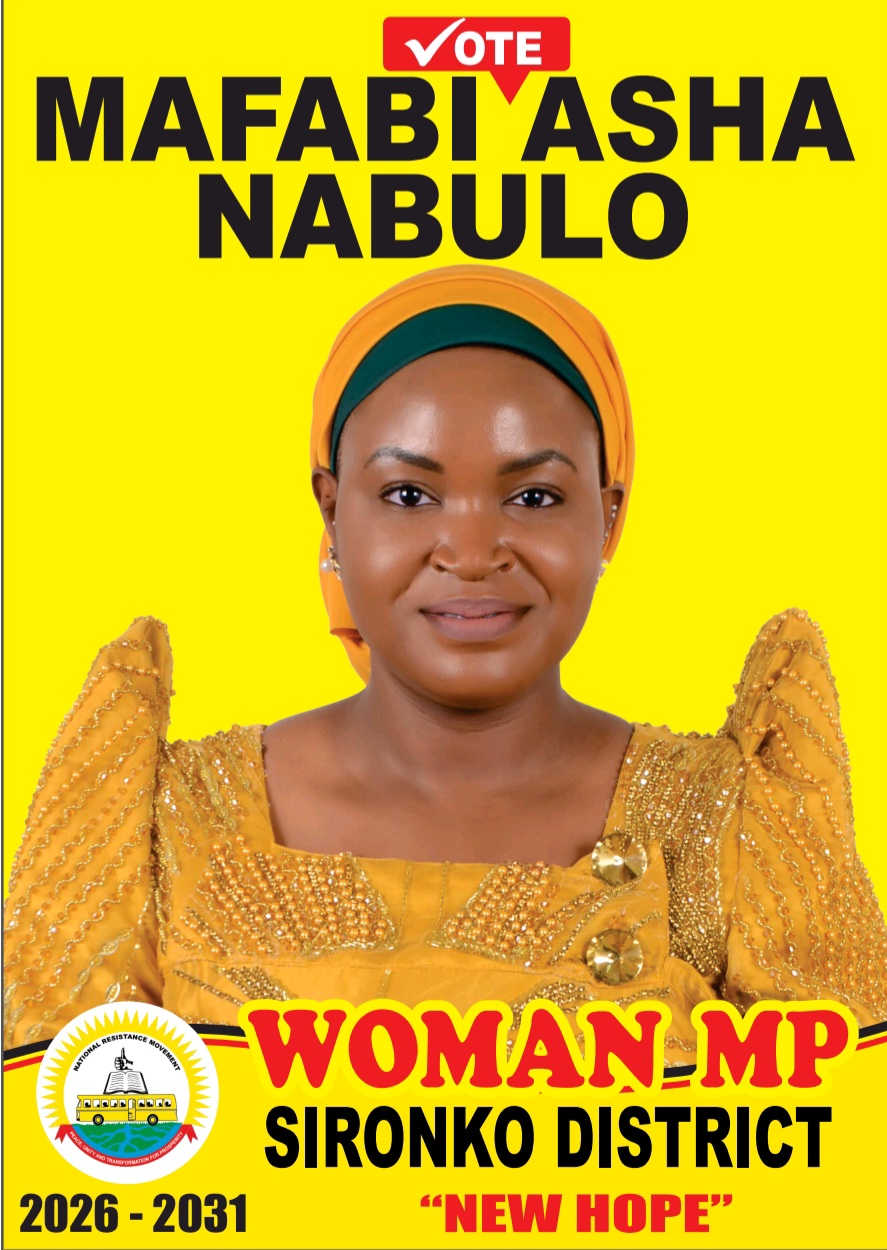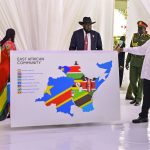Published on 17/07/2025
Civil society actors are sounded an alarm over a wave of impending government policies and repressive measures that threaten to tighten control over non-governmental organizations (NGOs) and further restrict Uganda’s civic space ahead of the 2026 general elections.
The warning was issued during a training workshop on “Understanding Uganda’s Shrinking Civic Space: Legal Frameworks, Risks, and Rights,” held on July 16, 2025, at the Eureka Place Hotel in Kampala.

The event, organized by the Centre for Policy Analysis (CEPA), Avocats Sans Frontières (ASF) and the Belgian Government, convened civil society leaders, human rights defenders, and journalists to reflect on the evolving threats to civic engagement in Uganda.

Anthony Masake, Executive Director of Chapter Four Uganda, revealed that the government is in advanced stages of proposing new regulations that would cap the amount of funding NGOs can receive and subject donor funds to cabinet vetting. Under the proposed framework, all international grants to NGOs exceeding a set threshold—reportedly around UGX 900 million—would require cabinet approval before being accessed. The funds would also have to be deposited in a central government-managed NGO Fund, effectively eliminating direct donor-to-NGO transactions.
“This is not just regulation—it’s strangulation,” Masake warned. “If Chapter Four receives UGX 1 billion and the threshold is UGX 900 million, we’ll be forced to appear before cabinet and justify the funding. If denied, the bank will freeze the money. This level of control will cripple civil society.”
Masake cautioned NGOs and donors to resist the proposed centralised fund, which he said would destroy donor confidence and allow the government to pick and choose which organisations can function. “If you hear talk about creating a government-controlled NGO fund, push back. Once that’s in place, donors won’t send you money directly. The state will decide who gets what.”
According to Masake, consultations on the changes are already underway under the guise of a Regulatory Impact Assessment (RIA). The proposal includes replacing the current NGO Forum with a government-appointed apex body, giving the state direct influence over NGO coordination and operations.
Also concerning is the move to vet NGO founders based on academic qualifications. “They want environmental NGOs to be founded by people with degrees in environmental law, or legal aid NGOs to be run only by lawyers,” Masake said. “This undermines the right to freedom of association and disregards the value of grassroots knowledge and passion.”
Timothy Chemonges, Executive Director at CEPA, echoed the concerns, describing the regulatory proposals as a direct threat to Uganda’s democratic fabric.
“The idea of pooling NGO funds under government control risks undermining the sector’s independence, diversity, and vibrancy,” Chemonges said. “Civil society thrives when empowered, not restrained. We urge policymakers to prioritise dialogue, voluntary coordination, and mutual accountability—not financial chokeholds.”
The alarm over these proposals comes at a time when Uganda’s civic and media spaces are facing unprecedented constraints. Jimmy Wamimbi, Project Coordinator at Avocats Sans Frontières, decried the global rise of authoritarianism, noting that Uganda is not immune.
“We’re seeing a takeover of civic space by private and state actors. With elections approaching, this space is shrinking fast. The rise of ‘goons’ in political spaces and the intimidation of activists and journalists is deeply worrying,” Wamimbi said.
Journalists, too, face growing threats. Robert Ssempala, Executive Director of the Human Rights Network for Journalists–Uganda (HRNJ-U), expressed grave doubts over the ability of media to safely cover the 2026 elections.
“Unlike the police, who beat and let you go, these goons aim to maim and destroy. After the Kawempe by-election, many journalists said they wouldn’t risk covering future elections,” Ssempala said. “That serves the interests of those who want to operate in darkness.”
John Robert Turyakira, Executive Director of the African Green Health Network (AGHNET), argued that the civic space is not just shrinking—it is closing. He urged civil society to pivot toward digital advocacy.
“Mainstream media has been captured or sidelined. Social media offers a low-hanging fruit for advocacy. Environmental defenders are among the most endangered in Uganda, despite constitutional protections,” Turyakira said.
He called for judicial reforms, including specialised environmental courts or divisions, and more training for judicial officers on climate and environmental justice.
The training, held under the Civic Space Initiative (CSI), aimed to equip civil society actors with legal strategies and resilience tools in the face of expanding state surveillance, legal overregulation, and criminalisation of dissent.
As Uganda approaches the 2026 polls, the participants underscored the urgency of coordinated resistance against repressive laws and policies. “The fight for civic space is not just about NGOs—it’s about the future of Uganda’s democracy,” Masake concluded.








